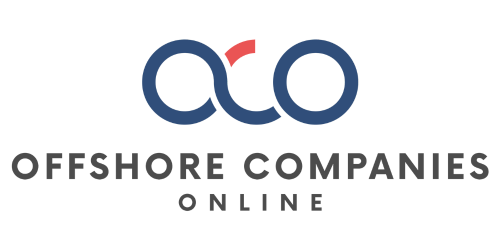Offshore companies offer a robust legal framework designed to shield assets from potential liabilities and creditor claims, delivering essential peace of mind in an uncertain and competitive world. This article explores the benefits of offshore companies in asset protection and why they are becoming a preferred choice for savvy business professionals seeking to safeguard their financial interests.
Understanding Offshore Companies
An offshore company is a business entity registered and operating in a jurisdiction outside the owner’s country of residence or primary business operations. These jurisdictions, often referred to as “tax havens” or international financial centers, offer favorable regulatory environments, tax benefits, and strong privacy protections. Offshore companies can be used for legitimate business purposes, such as international trade, investment holding, asset protection, and estate planning.
Creditor Protection Benefits
One of the primary advantages of using offshore companies is enhanced creditor protection. In many offshore jurisdictions, laws are designed to safeguard assets held within these entities from potential creditors. Here’s how offshore companies provide creditor protection:
Legal Separation
- By establishing an offshore company, business owners create a legal separation between their personal assets and the assets of the company. This separation makes it challenging for creditors to access assets held within the offshore entity in the event of a lawsuit or creditor claim against the owner personally.
- Example: Imagine a business owner based in the United States who operates a consulting firm. If the owner faces a lawsuit that results in a substantial judgment against them, creditors seeking to satisfy the judgment would typically target personal assets such as homes, savings, and investments. However, if the owner holds these assets within an offshore company incorporated in a jurisdiction with robust asset protection laws, such as the Cook Islands, the assets are shielded from creditors’ claims. This legal separation prevents creditors from easily accessing assets held within the offshore entity.
Limited Liability
- Offshore companies often offer limited liability structures, similar to those found in many onshore jurisdictions. This means that the liability of shareholders or members is typically limited to the amount invested in the company, protecting personal assets from business-related debts and obligations.
- Example: Suppose an entrepreneur establishes an offshore company in Nevis to engage in international trading activities. If the company encounters financial difficulties and incurs debts beyond its assets, creditors cannot pursue the personal assets of the entrepreneur. The liability is restricted to the capital invested in the offshore company, shielding the entrepreneur’s personal wealth from business-related risks.
Strong Privacy and Confidentiality
- Offshore jurisdictions are known for their strict privacy laws and confidentiality provisions. Business ownership details, financial transactions, and asset holdings within an offshore company are kept private, reducing the risk of exposure to potential creditors.
- Example: A wealthy individual invests in diverse real estate properties globally through an offshore company registered in the Cook Islands, known for its stringent privacy laws. If a creditor attempts to trace and seize assets due to unrelated business liabilities, the offshore company’s ownership details remain confidential. The ownership of the properties is held by the offshore company, making it challenging for creditors to identify and target specific assets tied to the individual.
Offshore Bank Accounts
- In addition to the legal and asset protection benefits, offshore companies often utilize offshore bank accounts to facilitate financial transactions and asset management. Holding a bank account under an offshore company provides a dual advantage of growing wealth while safeguarding it from creditors and legal risks.
- Example: Consider a high-net-worth individual who opens an offshore bank account under an offshore company incorporated in the Cook Islands. By depositing funds into this account, the individual can benefit from higher interest rates and investment opportunities offered by private offshore banks. Simultaneously, in the event of creditor claims or legal actions targeting personal assets, the funds held within the offshore bank account are protected under the jurisdiction’s banking laws, making it difficult for creditors to seize or access these assets.
Anti-creditor Provisions in The Cook Islands & Nevis
Both the Cook Islands and Nevis offer robust asset protection and privacy measures through their respective legal frameworks for offshore entities, making them attractive jurisdictions for individuals and businesses seeking to safeguard their assets from potential creditor claims and legal risks.
The Cook Islands
- Limited Liability Protection: Companies incorporated in the Cook Islands benefit from limited liability, which means that the personal assets of company members are protected from business liabilities. Members’ liability is limited to the extent of their capital contributions to the company.
- Protection Against Foreign Judgments: The Cook Islands does not recognize foreign judgments, providing strong protection against legal actions initiated outside its jurisdiction. This makes it difficult for creditors from other countries to enforce judgments against assets held in the Cook Islands.
- Confidentiality of Directors and Shareholders: Details of company directors and shareholders in the Cook Islands are kept confidential by default, unless disclosure is specifically required. This enhances privacy and security for stakeholders, reducing the risk of exposure to third-party interests.
- Unique Legal Remedy: The sole remedy available against a member of a limited liability company (LLC) in the Cook Islands is a non-renewable five-year charging order over membership interest. This order does not grant the creditor power to force distributions, interfere in management decisions, or liquidate the LLC.
Nevis
- Asset Protection Against Creditor Clawback: Property transferred to a Nevis Limited Liability Company (LLC) is protected from creditor clawback through fraudulent transfer provisions similar to those in Nevis trust legislation. This safeguard prevents creditors from reclaiming assets transferred to the LLC.
- Creditor Bond Requirement: Any creditor seeking to enforce a judgment against an LLC or LLC member in Nevis must pay a bond of $100,000 into the Nevis High Court before commencing legal proceedings. This requirement acts as a deterrent against frivolous or unwarranted legal actions.
- Limited Liability Protection: Members of a Nevis LLC enjoy limited liability, meaning their personal assets are shielded from business liabilities up to the amount of their capital contributions to the company.
- Privacy and Confidentiality: Nevis LLCs maintain strict confidentiality regarding information on managers and members, preserving privacy and discretion in business operations.
- Protection Against Foreign Judgments: Nevis does not readily recognize foreign judgments, adding an extra layer of protection against legal actions initiated outside its jurisdiction. This enhances asset protection measures for individuals and businesses operating in Nevis.
Offshore companies offer essential protections against the liabilities and creditor risks that come with modern business. By establishing an offshore entity, business owners can benefit from legal separation, limited liability, and enhanced privacy measures, safeguarding personal assets from potential creditor claims and legal disputes.
Jurisdictions like the Cook Islands and Nevis provide specific anti-creditor provisions that bolster asset protection, including protections against foreign judgments and requirements for creditor bonds. These measures offer comprehensive asset security and financial peace of mind for individuals and businesses operating in a globalized economy.
Start Your Company


